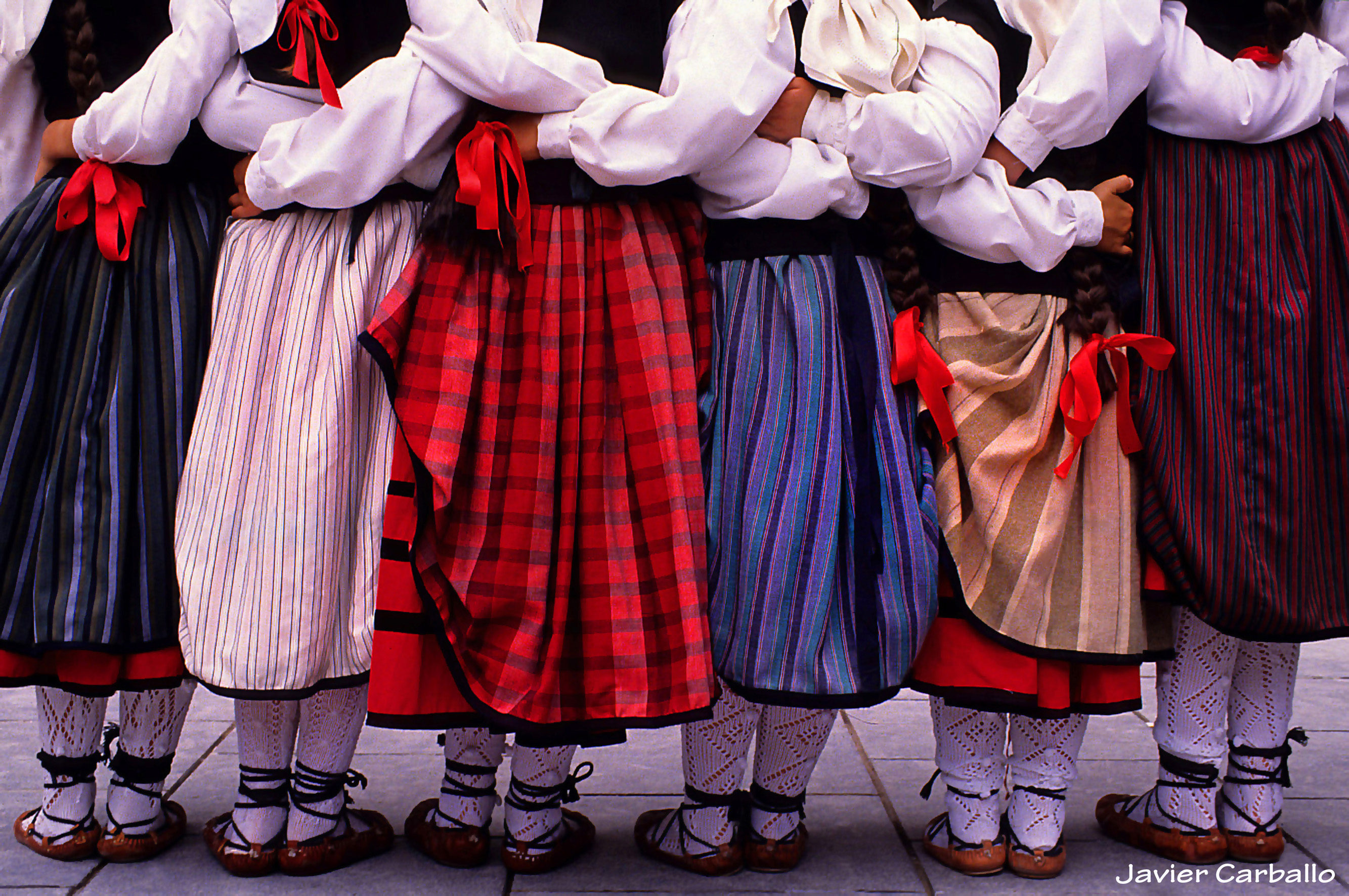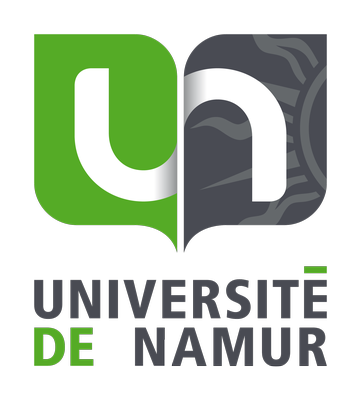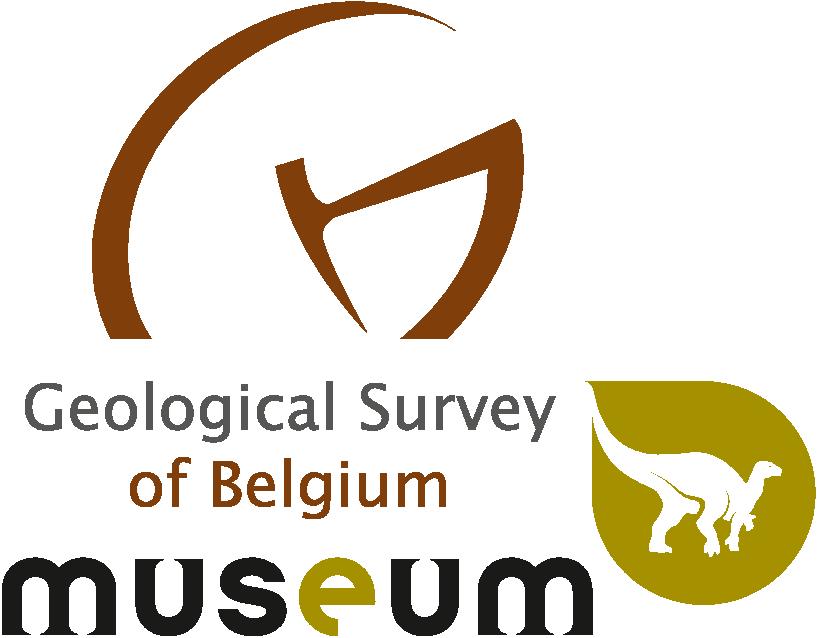UNESCO - Scientific Institutions
UNITED NATIONS EDUCATIONAL, SCIENTIFIC AND CULTURAL ORGANIZATION.
In 1942, in a world at war, countries sought ways to rebuild their education systems once peace was restored. At the end of the war, a United Nations Conference brought together the representatives of 44 countries. They decided to create an organisation that would embody the culture of peace. The new organisation should be built upon « the intellectual and moral solidarity of humanity ». UNESCO plays a leading role in reinforcing stable WORLD PEACE and in the EQUITABLE AND SUSTAINABLE DEVELOPMENT of our societies. It does so by directing its actions towards promotion and cooperation in the fields of EDUCATION, THE EXACT, NATURAL, SOCIAL AND HUMAN SCIENCES, but also in CULTURE, COMMUNICATION AND INFORMATION.
In following the Charter of the United Nations, it tends to strengthen and ensure UNIVERSAL RESPECT without distinction of race, gender, language or religion. Respect for the law, for justice, for human rights, for the fundamental freedoms TO BE ACKNOWLEDGED FOR ALL PEOPLES.
« Building peace in the minds of men and women. » (UNESCO)
Through its UNESCO Global Geoparks programme, UNESCO oversees the PROTECTION AND PROMOTION OF GEOLOGICAL SITES OF INTERNATIONAL SIGNIFICANCE. The organisation will offer its SUPPORT TO LOCAL COMMUNITIES and work towards the SUSTAINABLE DEVELOPMENT OF THE REGIONS CONCERNED.

Scientific Institutions :
Co-initiators of the creation of the Famenne-Ardenne Geopark from June 2014, these scientific institutions continue to contribute to its development implemented by the tourism sector and private and public partners. Through the management bodies and the scientific committee, they provide support and multidisciplinary endorsement in the various missions of the association.


Institut des Sciences Naturelles de Belgique








